Magnesium Chronic Kidney Disease
Magnesium chronic kidney disease. However when glomerular filtration rate declines changes in serum Mg are observed. Chronic kidney disease CKD is associated with high cardiovascular morbidity and mortality. The kidneys can eliminate excess of magnesium in the blood by increased excretion.
Vascular calcification is a serious complication of chronic kidney disease but the current therapeutic strategy is insufficient for preventing its progression. Magnesium in chronic kidney disease. CKD and particularly end-stage kidney disease is the only clinical condition where sustained hypermagnesemia may occur and net magnesium balance may be positive.
One of the known medical signs of diabetes is a low magnesium level. So if you have kidney disease and you cant take magnesium your blood sugar levels are going to keep getting higher as your magnesium gets lower. People with kidney disease who didnt know enough widely believed that magnesium could cause harm to their health system.
Your kidneys filter waste materials and excess fluids from hour blood which are then excreted in the urine. To date no group has evaluated magnesium as a cardiovascular risk factor in chronic kidney disease CKD subjects in which closely interrelated factors and potential confounders such as endothelial dysfunction insulin resistance the homeostasis model assessment HOMA index and inflammation expressed as serum C-reactive protein CRP. Studies show that magnesium deficiency in people with CKD is associated with a more.
The ability of excretion deteriorates when renal function declines In CKD stage 13 an increase in fractional Mg excretion compensates for the loss of renal function and as a consequence Mg levels are regulated within the normal range. Magnesium plays so many important roles within the body and not getting enough magnesium is linked to a variety of different symptoms and conditions. One of its functions is to solubilize the calcium that builds up in the renal arteries.
Overall these observational data suggest that magnesium may play an important protective role in the development andor acceleration of arterial atherosclerosis in both patients with chronic kidney failure and in the general population since carotid intimamedia thickness as measured by ultrasonography is thought to be a surrogate marker for increased risk of myocardial infarction and. In case of chronic kidney disease CKD renal regulatory mechanisms may be insufficient to balance intestinal Mg absorption. Magnesium is a potent inhibitor of calcification and represents a promising therapeutic candidate.
The kidney is crucial in the maintenance of normal serum Mg concentrations. Recent evidence suggests that increases in both serum and intracellular magnesium Mg can slow or even prevent the development of vascular calcification seen in CKD.
Magnesium modifies the association between serum phosphate and the risk of progression to end-stage kidney disease in patients with non-diabetic chronic kidney disease.
Studies show that magnesium deficiency in people with CKD is associated with a more. Magnesium is a potent inhibitor of calcification and represents a promising therapeutic candidate. Patients with end-stage renal disease on dialysis are largely. The ability of excretion deteriorates when renal function declines In CKD stage 13 an increase in fractional Mg excretion compensates for the loss of renal function and as a consequence Mg levels are regulated within the normal range. The kidneys can eliminate excess of magnesium in the blood by increased excretion. Usually Mg remains normal. One of the known medical signs of diabetes is a low magnesium level. One of its functions is to solubilize the calcium that builds up in the renal arteries. Vascular calcification is a serious complication of chronic kidney disease but the current therapeutic strategy is insufficient for preventing its progression.
18336095 Indexed for MEDLINE Publication Types. Chronic kidney disease also referred to as chronic kidney failure describes the gradual loss of kidney function. Most clinical disorders involving magnesium other than chronic kidney disease CKD result in hypomagnesemia either from gastrointestinal or kidney losses. 22 filas In moderate chronic kidney disease CKD increases in the fractional excretion of magnesium. Magnesium modifies the association between serum phosphate and the risk of progression to end-stage kidney disease in patients with non-diabetic chronic kidney disease. Article in Spanish Tapia H1 Mora C Navarro JF. In the initial and moderate stages of chronic kidney disease the fractional excretion of magnesium is increased to maintain its homeostasis.
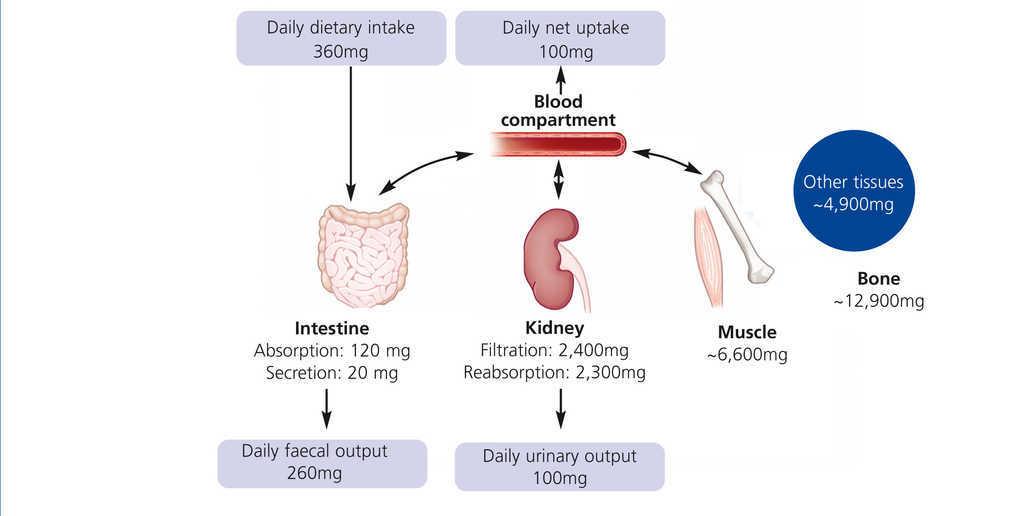


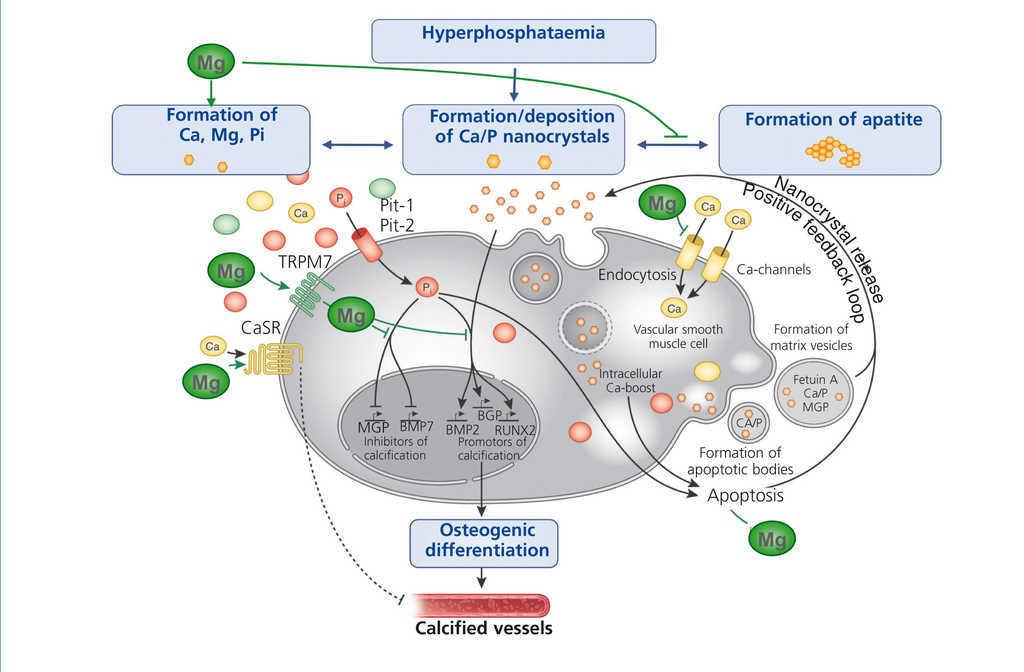

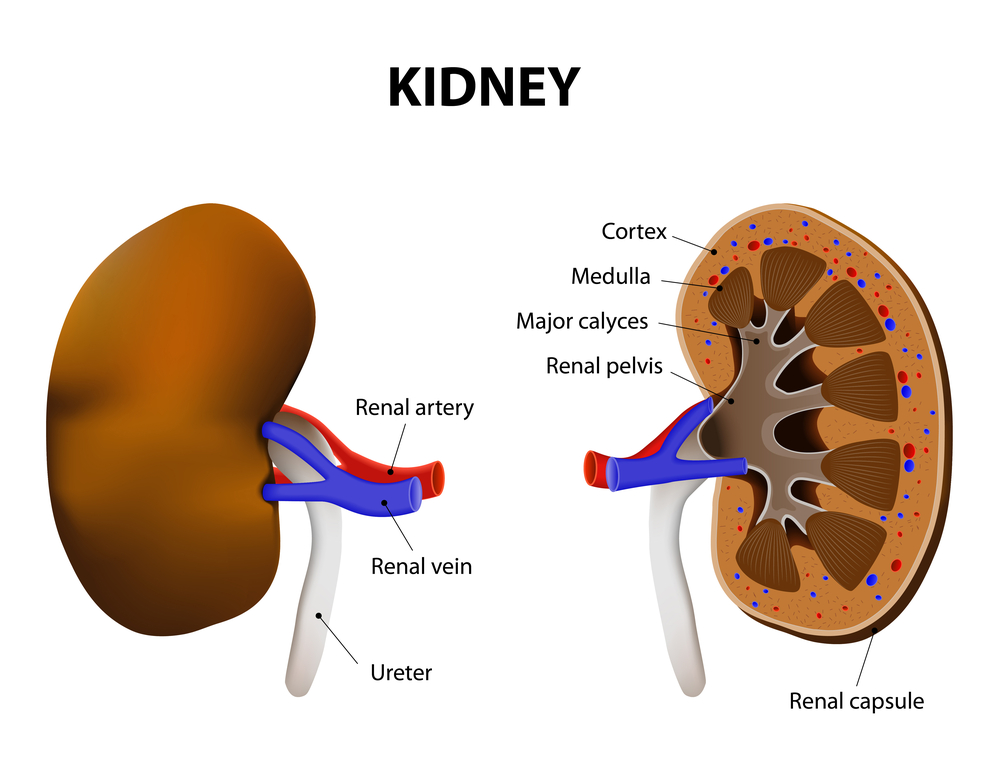


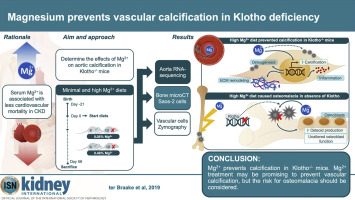
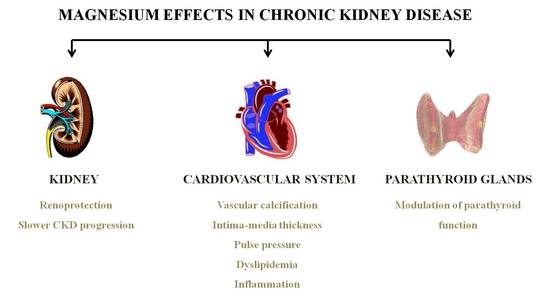



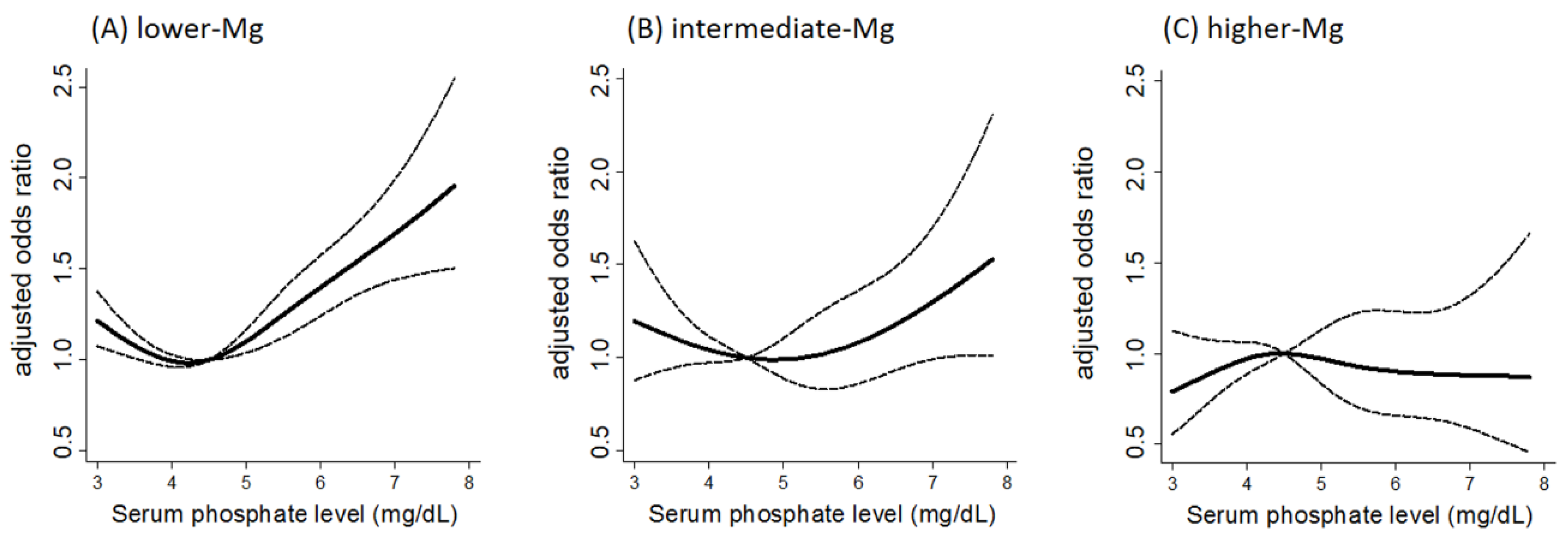











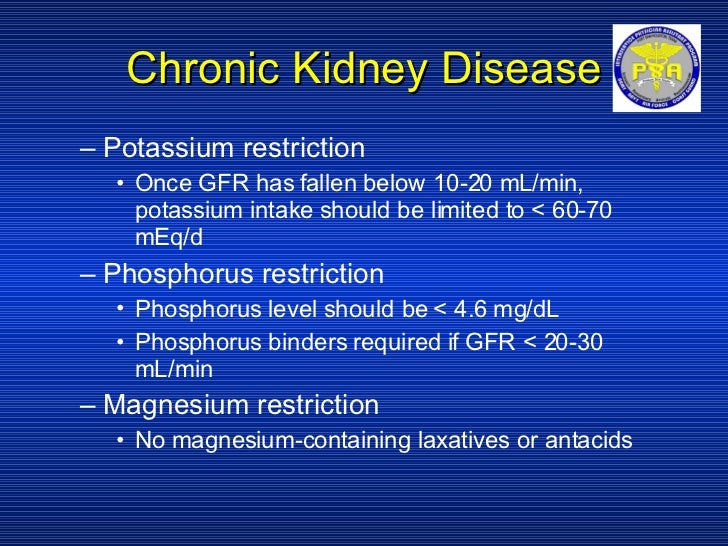





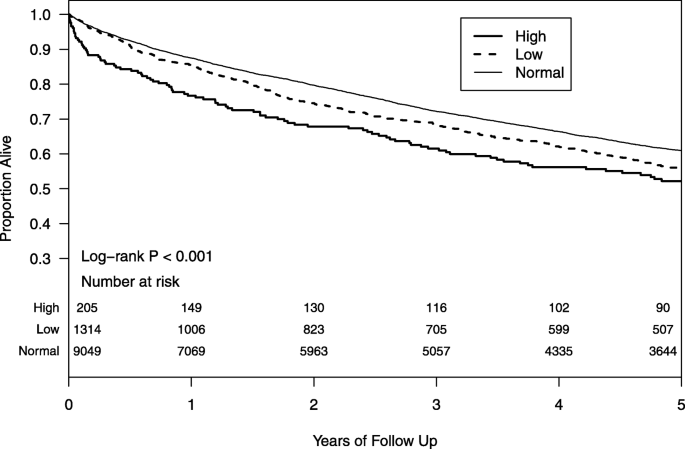



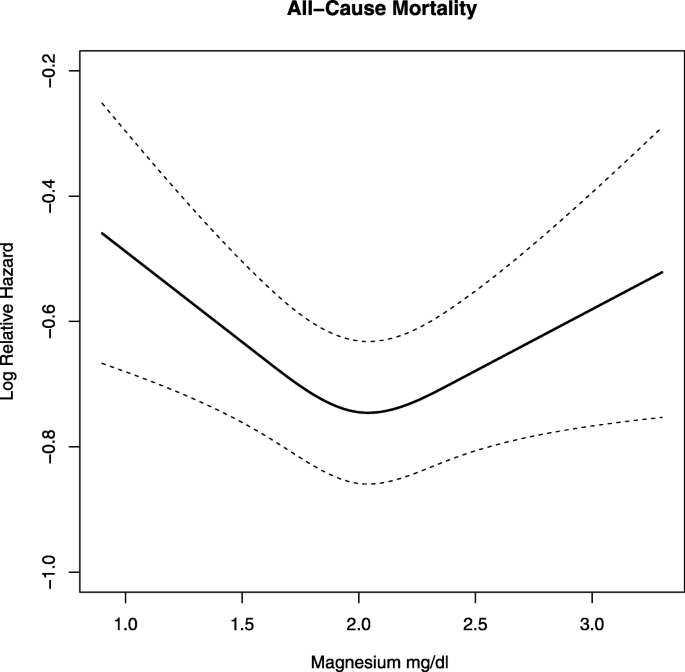
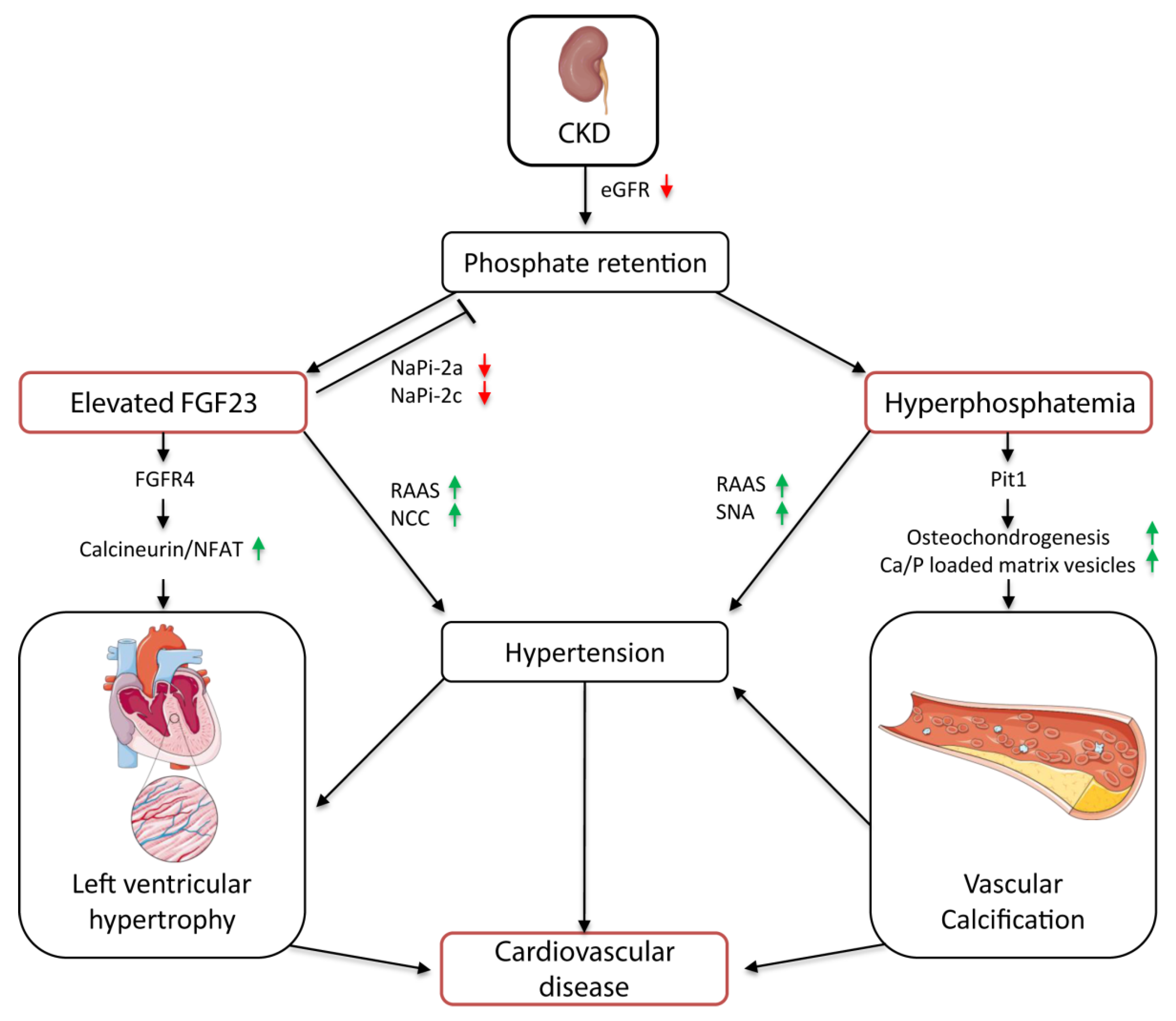





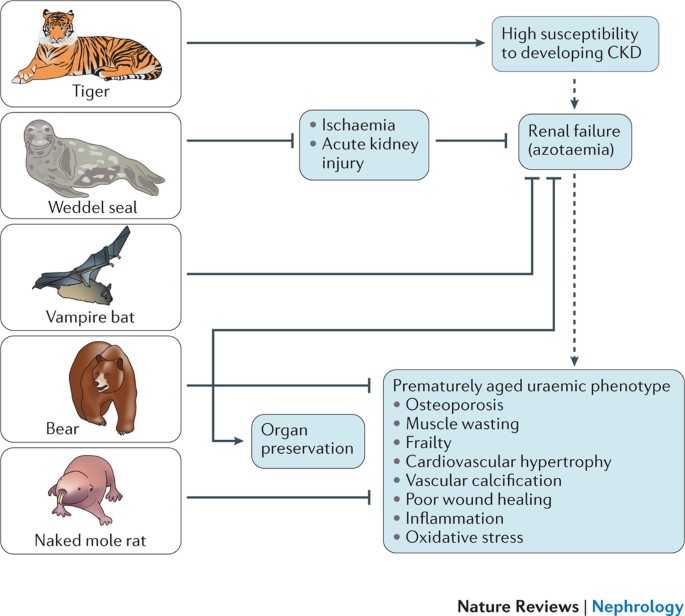
Posting Komentar untuk "Magnesium Chronic Kidney Disease"